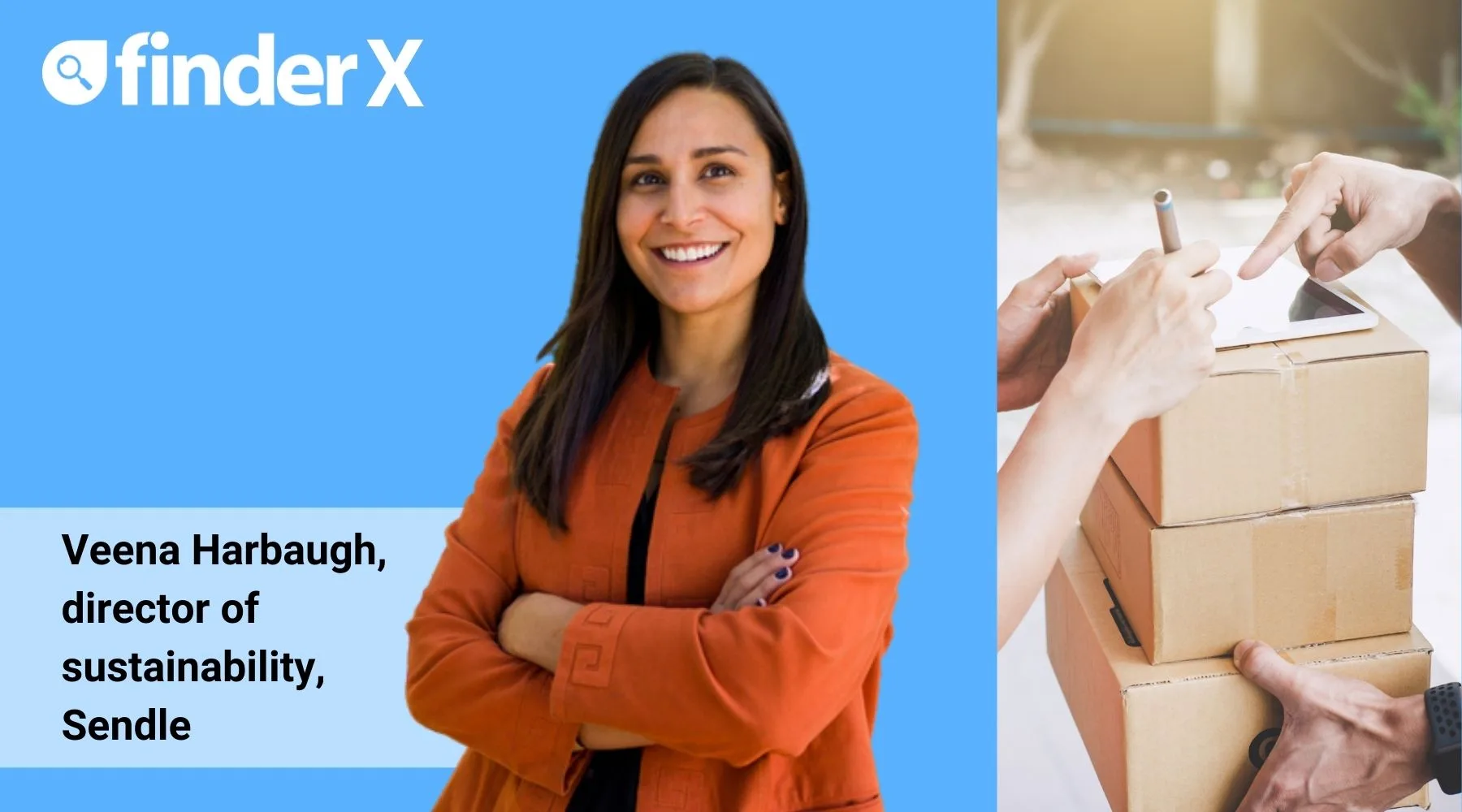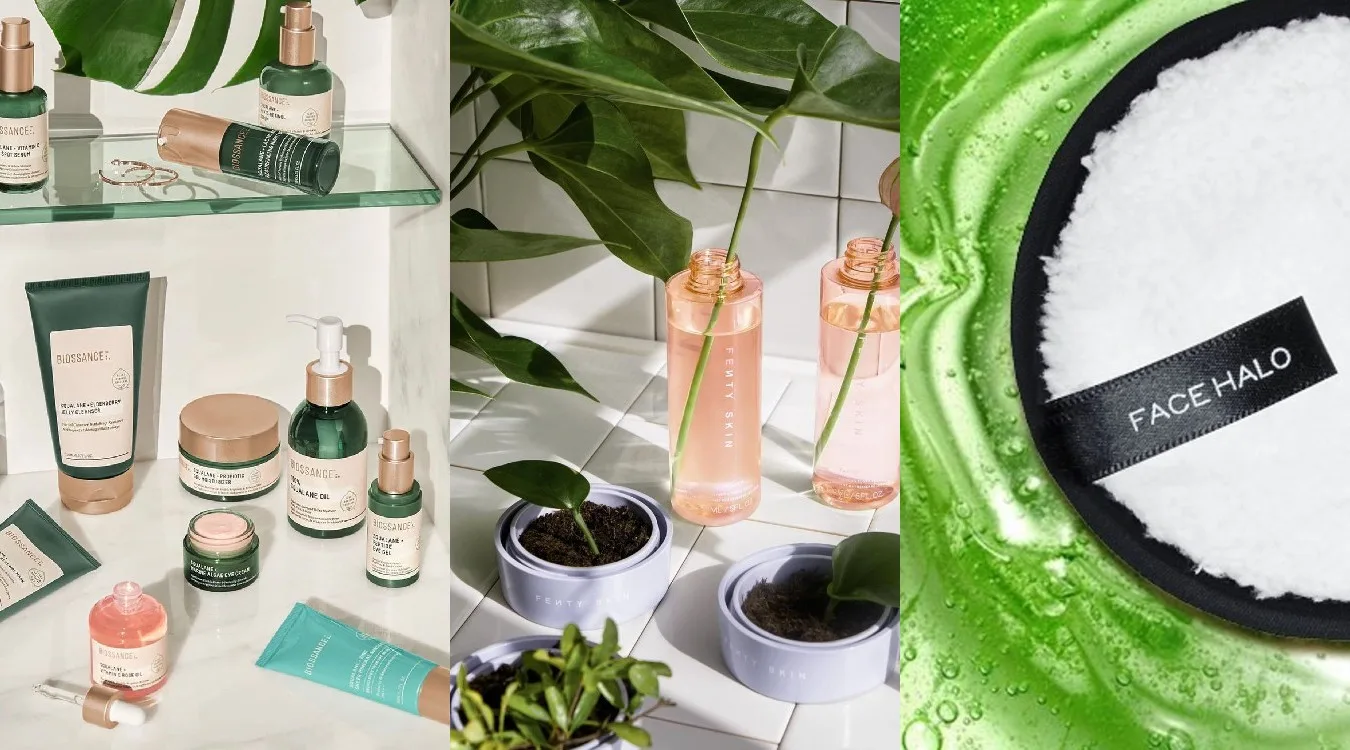How to avoid “greenwashing” and buy actual eco-friendly products

Many businesses have announced plans to fight climate change or become "green", but not all announcements lead to actual change.
As the sustainability movement goes from strength to strength, greenwashing has become a marketing strategy used by businesses that want to claim an alliance with sustainable practices, processes or materials, even if they haven't put much effort into their sustainability goals.
Greenwashing happens when:
- A business (often intentionally) misleads people into thinking that by supporting that business, they are helping the planet.
- A business invests time and money to appear "environmentally friendly" without actually reducing their environmental impact.
- A business overstates the positive impact that a product or service has on the environment.
Greenwashing may also occur when a business launches a "sustainable" initiative, such as using recycled materials or releasing an upcycled collection, despite the majority of its business practices still being unsustainable.
Greenwashing is a blatant exploitation of increased consumer awareness about sustainability. Unfortunately, it allows businesses to sell more products and increase profit margins by appealing to more people.
But while accountability lies with the corporation, there are steps you can take to avoid being greenwashed and support truly sustainable companies that practise what they preach.
How to spot greenwashing
To spot greenwashing sometimes requires a little elbow grease and desktop research. Accusations of greenwashing are damaging to a business's reputation, so offenders may go to great lengths to avoid the potential backlash.
1. Beware of jargon and pretty pictures
Greenwashing often occurs through the use of clever marketing jargon and visual brand campaigns, so you should look beyond style and towards substance. For example, it's easy for a beauty brand to launch a new "natural, botanical" shampoo with green, earthy branding despite being packaged in non-recyclable plastic.
2. Ask questions
When a business makes a sustainability statement or commits to fight climate change, look for as many details as possible. Have they partnered with a reputable company? Do they provide behind the scenes imagery and videos? Have they invested in sustainable or socially responsible projects recently?
Genuinely sustainable businesses will be proud of their position and will have information clearly visible on labels and logos or online to back up their statements.
3. Be cautious of buzzwords
Terms such as "environmentally friendly" and "eco-friendly" aren't actually regulated terms – anyone can use them.
There is a similar issue with products that claim to be "biodegradable" or "compostable": You need more information to understand how fast the material will decompose in a natural environment. How many days will it take to break down in a composting facility or domestic worm farm? What percentage of the product will break down? How should consumers best dispose of the product? These are all questions that the business should answer.
Without percentages, hard data or proof of ingredients, such language doesn't hold any scientific or environmental weight.
4. Look to the future
You should also question whether a business is engaging in limited sustainability versus organisational-wide, substantive change. If a business truly cares about the environment, it needs to reduce production and transform its supply chains with green logistics.
If you're unsure whether you're being "greenwashed", trust your gut feeling. If a business's sustainability statements feel too good to be true, they probably are.
There are a number of third-party ranking websites such as Good On You and the Sustainable Brand Index™ which can help you see through the smoke and mirrors. These websites provide an unbiased insight into how sustainable a brand really is; empowering consumers to make more informed, educated choices.

How to identify companies and brands that are truly sustainable
There's a difference between a truly sustainable business and one that's on its way.
1. Awards and accreditations
Both of these are an easy way to spot the difference between greenwashing and true sustainability. In Australia, there are several bodies that assess a business to determine whether it meets the social and environmental standards worthy of accreditation. Businesses with a B Corp, Fair Trade or Green Tick Certification have all passed a third party assessment so consumers can trust that their sustainability statements are legitimate.
2. Support for other businesses
Businesses that are committed to being sustainable should join forces with other like-minded businesses. They may have a network of suppliers and manufacturers that align with their values and meet similar environmental standards.
For example, a genuinely sustainable ecommerce business may deliver products using a carbon neutral shipping service like Sendle or offer sustainable packaging. Heaps Good Packaging, No Issue and Olive are all companies committed to solving the ecommerce plastic crisis and help businesses provide consumers with recycling and compostable packaging options.
Businesses may also offset their emissions with a reputable carbon credits company such as South Pole Group or use electric vehicles or solar power energy throughout the supply chain.
Consumers versus greenwashing
Greenwashing does more than just distract people from understanding the right way to go about sustainability and conscious consumption. It coerces us to buy more. The impact of consumerism on climate change is a serious issue and the use of household goods and services are responsible for 60% of global greenhouse gas emissions.
Australia does not currently have specific anti-greenwashing laws, unlike some countries in the European Union. Although greenwashing may still fall through the cracks of Australia's existing consumer laws, public awareness and consumer purchase power can help make greenwashing a thing of the past.
To help level the playing field and fight back against climate change, we should all educate ourselves, and one another, on how (and why!) we can use our purchasing power to buy the change we want to see in the world.
Veena Harbaugh is the Director of Sustainability at Sendle, Australia's first 100% carbon neutral delivery service specifically designed for small businesses.
Disclaimer: The views and opinions expressed in this article (which may be subject to change without notice) are solely those of the author and do not necessarily reflect those of Finder and its employees. The information contained in this article is not intended to be and does not constitute financial advice, investment advice, trading advice or any other advice or recommendation of any sort. Neither the author nor Finder has taken into account your personal circumstances. You should seek professional advice before making any further decisions based on this information.
Read more Finder X columns
-
Australian credit card debt soars 10% in a year: How can you escape the trap?
6 Feb 2026 |
-
4 cashback home loan offers to ease the pain of RBA rate hike
4 Feb 2026 |
-
Finder’s RBA Survey: Easing cycle ends as RBA delivers first rate hike since 2023
4 Feb 2026 |
-
Ubank Save is increasing its bonus rate up to 5.35% p.a.
3 Feb 2026 |
-
Top savings account rates after the RBA’s cash rate increase
3 Feb 2026 |
Ask a question
